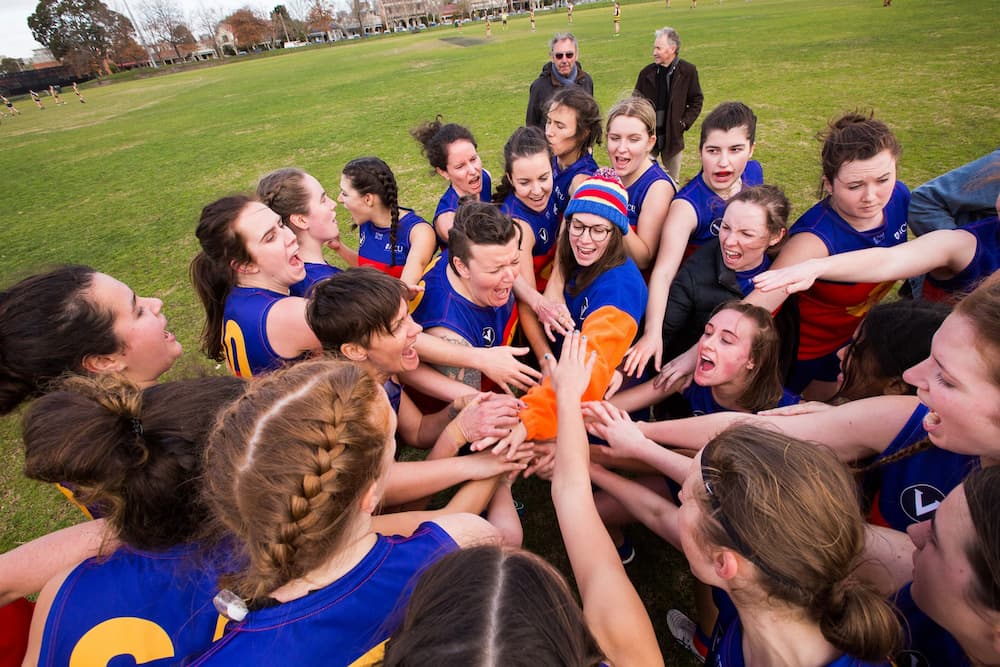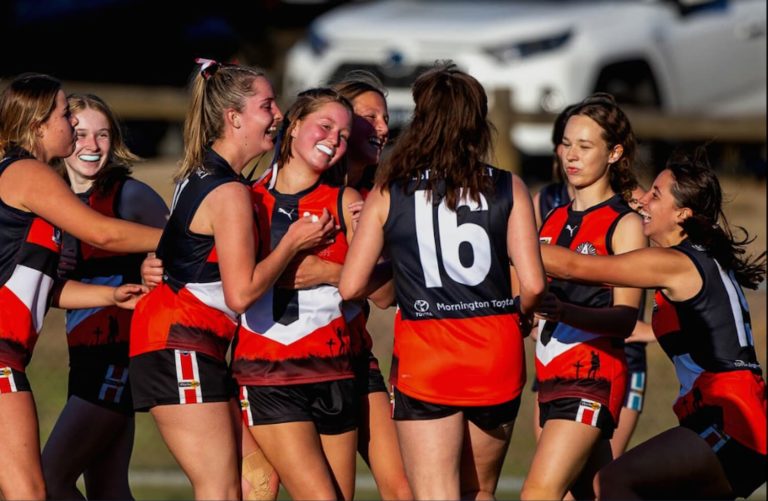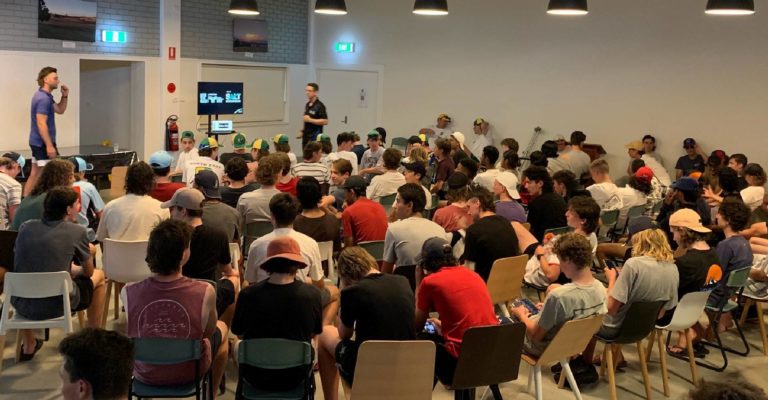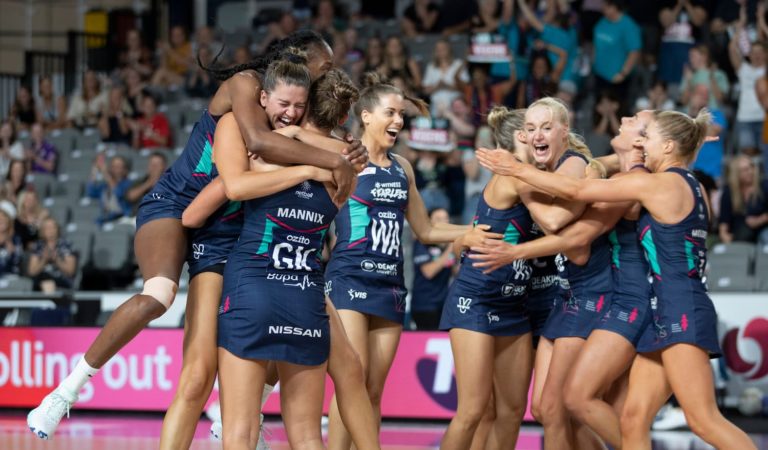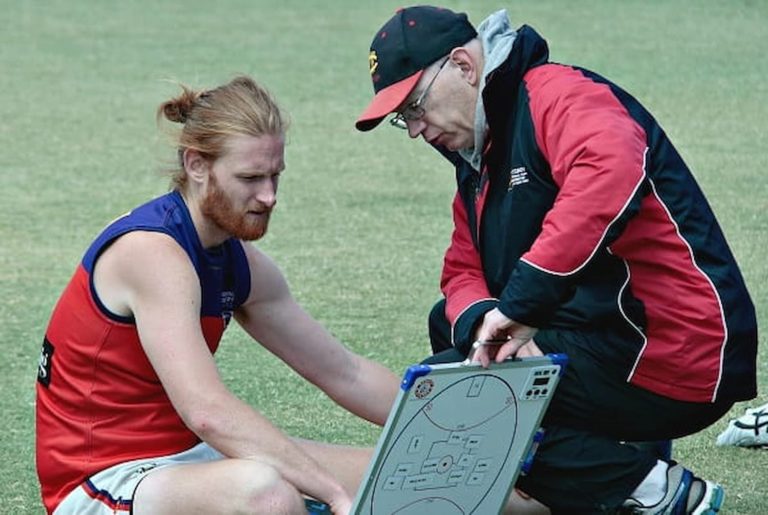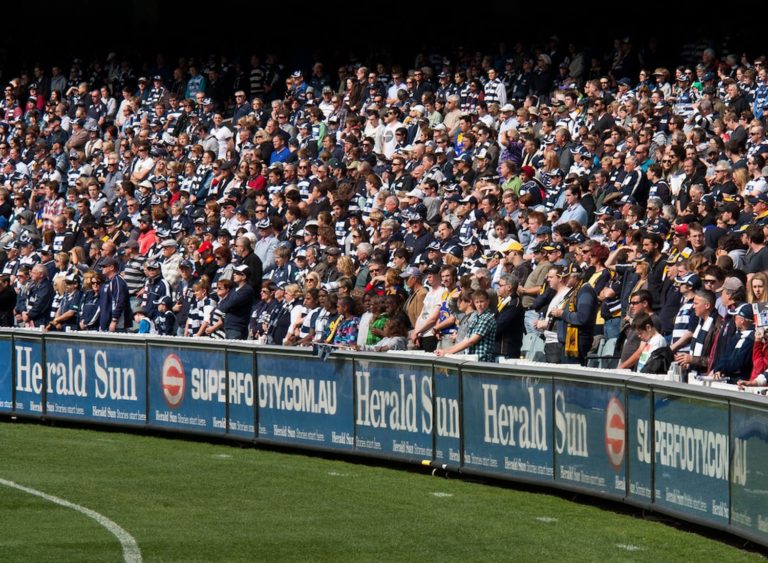It was a really disappointing end to the AFLW season in 2020 with the COVID-19 state of emergency meaning that those teams who had battled to the top were not able to square off in a final to find an ultimate winner. It was a real body blow to not only the players, but a whole battalion of women who had watched, thrilled, as AFLW had tenaciously worked to win the hearts and minds of the general public. Proving that women’s footy was a sport well worth playing, watching and supporting.
While the women’s season is quite some time away, it’s worthwhile for clubs at all levels to spend the intervening time considering not only their women’s footy recruitment, training and fixtures, but how it is impacting on their club and their members. There is so much potential for it to be a positive impact but there are hurdles.
So what impact is women’s football having at a grass roots level? Has it changed the culture at all at clubs?
Susan Alberti, AC, Ambassador to the National Women’s Football League and Patron of SALT (Sport and Life Training) believes that the introduction of women into the traditional men’s sport is the greatest thing that could have happened to the sport.
“The vast majority of men and male AFL players are overwhelmingly positive and have embraced the AFLW, recognising that it is growing the football industry. At a grass roots level, men have had to learn to share the space,” she explains. “And that’s been an opportunity for clubs, and the male members in particular, to demonstrate an absolute acceptance of it being a code that can be played, equally skilfully, by both men and women and to put in place the infrastructure and protocols to promote this equality within their clubs and creating a new and better normal.”
Ms Alberti believes that there is a small number of very vocal men in the general population who oppose women’s involvement in an elite football league under any circumstances. “These men receive some publicity and thrive on the feedback to what they post on social media. But the vast majority of men and male AFL players are overwhelmingly positive and have embraced the AFLW, recognising that it is growing the football industry. “
As far as local women’s footy is concerned, Ms Alberti believes that a lot of work has to be urgently done by all levels of government to improve the facilities for women; their own change rooms is a big factor as are toilet facilities. “At the moment I know there are girls and women out there who are forced to change in their cars or behind a tree in the park. With toilets, it’s up to the clubs, in consultation with their female players, to decide whether they have separate toilets for women or truly unisex toilets that allow privacy for all users.”
In the 20 years that Ms Alberti has been involved in women’s football, she has seen a gradual, hard-fought acceptance being achieved. “The facilities, support and attitude towards women playing was initially appalling. But since that time I have been so proud to see women’s participation develop to the point where we were able to establish regular annual exhibition matches in 2013 through to the establishment of the elite AFLW competition in 2017 and its continual acceptance and expansion. This has turbo-charged the growth of the game at local levels. Incredibly there was an 11 per cent increase in the number of women and girls playing the game in 2019 with 600,000 females involved with a local team.”
Ms Alberti is confident that despite the setback to women’s football this year, as a result of COVID-19, that women will continue to embrace the sport in increasing numbers. “Their skills will continue to improve and excite, and at an elite level, we will, one day soon I hope, have players paid a fair and reasonable wage for all the hours they devote to their professional sport.”
And as for men’s acceptance of women kicking a footy? “No one can deny that women bring a grit and determination to their game that has amazed a lot of men. But it’s not just about their physical on-field efforts, it’s about the diversity of opinions and view-points that they bring to clubs that is going to make every club’s environment richer.”
Ms Alberti believes there is another real benefit to the growth in women’s football. She is a Patron of SALT, an organisation that works to use the power of sporting clubs to address mental health issues and build a better Australian culture. She believes that SALT has hit on the perfect vehicle to engage young people and provide them with the leadership and support they need to manage the challenges of growing up and being young adults in a society that has increasing damage bought about by poor mental health and drug and alcohol dependence. “With the increasing engagement of women in football clubs we are witnessing another benefit of their participation in a shift away from an after-game drinking culture into a more inclusive, healthier social side to many clubs.”


